- Nina Smith EVP & CMO, Sage Software
![]()
The Importance of Mentoring
By Nina Smith, Executive Vice President and CMO, Sage Software
“A single conversation across the table with a wise man is worth a month’s study of books,” says a Chinese proverb. For young people who join the workforce fresh out of college each year, finding that wise man or woman to sit with isn’t always easy, but it can mean the difference between a satisfying career track and one unfulfilling job after another. For the companies hiring them, a mentoring program that provides guidance and leadership skills results in a more flexible organization with greater employee loyalty. Unofficially, mentoring has been a factor in business success for decades; as apprenticeship it’s been the traditional method of conveying technical career knowledge for centuries. Its roots as part of corporate strategy, however, date from the early 1970s, when women and minorities began to be hired in greater numbers. As the most successful individuals reached back to help others climb the same ladder, informal support networks were established that soon became forward-thinking policy.
Today many of the country’s leading corporations have official mentoring systems in place that support diversity in the workplace and sharpen leadership skills. Ranging from programs designed to attract new talent to ones that capitalize on the experience of older employees as mentors for the next generation, some of these initiatives are driving innovative ways of developing and retaining talent in today’s evolving workplace.
IBM, for example, is involved with a Silicon Valley organization that matches volunteer mentors with female science and engineering students. According to a recent article about retiring Baby Boomers in the San Diego Union Tribune, the company also maintains “a stable of retirees who mentor and pass on knowledge to younger workers.”
At Xerox, where I worked for close to 20 years, I benefited tremendously from the company’s formal mentoring program, which also encompasses employee networking groups such as the Black Women’s Leadership Council, the Women’s Alliance (TWA) and Asians Coming Together (ACT). As my career progressed, I acquired more sponsors and gained more visibility, along with the confidence to implement successful enterprise marketing strategies.
Just as important, I was given the opportunity to coach others, and I still have the great satisfaction of watching these men and women reach their own career heights. Mentoring, I discovered, is also an excellent opportunity to pass along lessons gleaned from your own mistakes: for me, a product I launched as an enthusiastic twenty-something manager, only to discover the market clearly wasn’t ready for it. Thus I learned to always have a constant flow of up-to-date market information and the value of always having the right kind of support from senior management.
Mentoring has been a critically important factor in my career, both as someone who is advised and someone who advises. The oldest of six children in a single-parent household, I was the first in my family to go to college, and while I assumed a leadership role at home, I was helped immensely by a high school guidance counselor who took me under her wing. She helped me picked the right college, which was the important first step to finding out what I wanted to do in life.
Today, in addition to working with other young people, I’m helping my nieces and nephews with their college and career choices. I’ve also been fortunate to enjoy an incredibly beneficial relationship with the same mentor for the past 15 years, someone who provided me with invaluable guidance while I advanced at Xerox and subsequently on to other opportunities – including Sage, where I am today. Equally important for maintaining life balance are my mentors outside of the business world, friends and advisors who keep me informed of information and trends that lie beyond my own expertise.
The need for creative networking, the value of upper management support, and the importance of over-communicating (there’s actually no such thing) are only a few of the lessons that I’ve been able to pass on to others as a mentor myself. Other ways that mentoring can help create a healthier, more balanced business environment include:
Building relationships that develop talent and retain talent
Using a simple career map, help younger employees establish where they are in their careers and where they’d like to be. Ask them what kind of job they’d like to have next and what they think they’ll need to get there. Encourage them to develop a personal three-year career plan, and ask them to list the skills they think will help prepare them. As educator and writer Tony Zeiss puts it, “Parents give advice; mentors ask questions.”
Focusing on individual strong suits
A leader knows how to use the skills of a team to reach specific goals, and everyone on a team has different capabilities. The best strategy is to focus on individual strengths, rather than weaknesses. In mentoring, encouragement is key; by encouraging mentees to take on more responsibility, you’re also helping them to think independently. “If you treat an individual as he is, he will stay that way. But if you treat him as if he were what he could be, he will become what he could be,” says renowned customer relationship management expert Martha Rogers (one of my own most important mentors for many years).
Helping who you can, even if you don’t see an immediate return
Mentoring is no longer the traditional relationship between a younger employee and older, more senior executive. Mentoring someone at the same job level, especially if you have more experience, is a way of building a relationship that benefits both of you by establishing a support system for future endeavors. Even executives at the highest level rely upon other staff members or their fellow executives for feedback and guidance. It’s not always necessary to have a close personal relationship with your mentee, either. In fact he or she doesn’t need to be someone you see in person every day. Currently I’m mentoring 10 employees at Sage and we often communicate by email instead of face to face. Still, we get together regularly enough that they know they can count on me to be an open, honest sounding-board for everything from tactical issues to long-term goals. And this in turn leads to more focused teamwork and strategies for truly effective customer solutions.

























